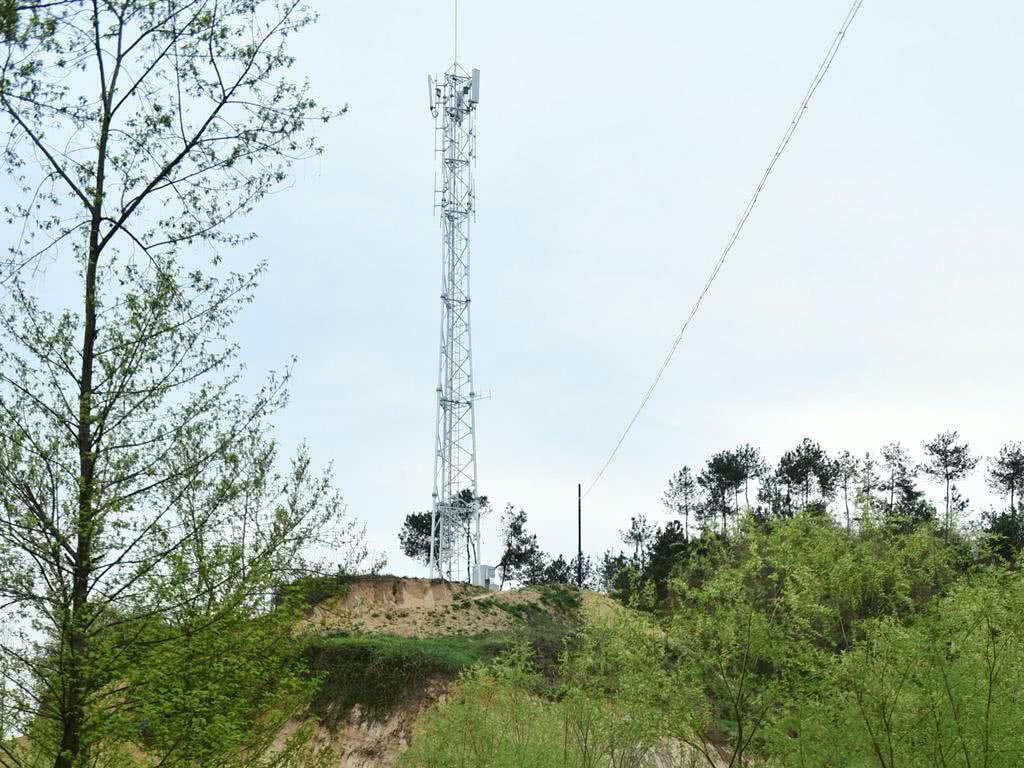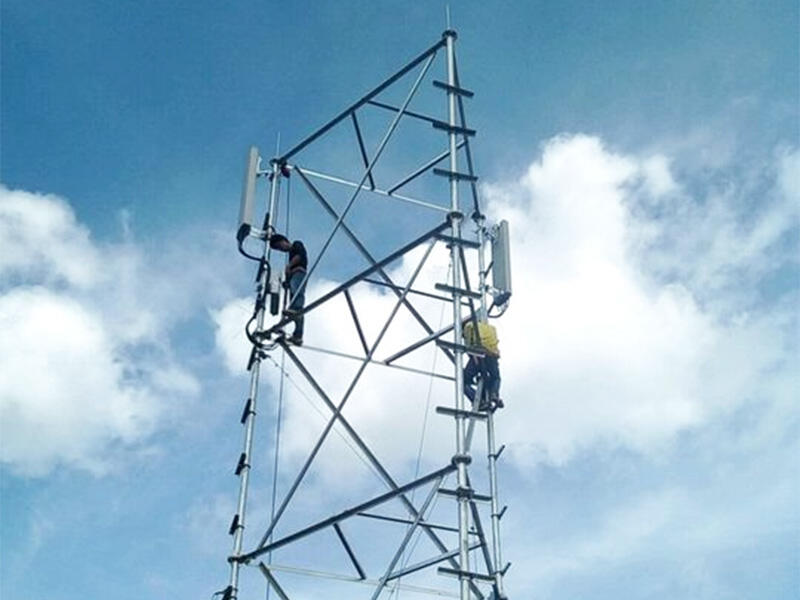To enable mobile networks to operate efficiently, troubleshooting the Baseband Unit, or BBU, as it is more commonly known, is required. BBUs are critical to interface with the core network and the Radio Access Network (RAN). In order to address an issue as quickly and as accurately as possible, one needs to have knowledge of the failure diagnosis and BBU troubleshooting techniques.
Signs of BBU Failure
Signs of BBU Failure may include losing network connectivity, overheating, and random rebooting. For customers, the most prominent change is the reduced ability to make and receive calls. From the network maintenance and support perspective, BBU failure could set off network traffic monitoring tools designed to look for jitter, spike in latency, or packet loss. If these alerts are disregarded, the support teams could be misdirected into believing that their attempts to optimize the network would bring the network back to normal operation, while the network is functioning without problems.
Evaluation Methods and Assessment Tools
BBUs have specific diagnostics methods and associated tools, for instance, BBU Monitoring Software has remote BBU temperature, CPU, and error rate monitoring capabilities. Moreover, special oscilloscopes and spectrum analyzers can perform functional tests on BBUs. There are hardware and software methods for diagnostics of the BBUs as well as the BBUs themselves.
Problem Diagnosis and Fix
Knowing the problems lets you improve the structure of the technician workflows, making them more efficient. The first step starts with checking powered supply, checking BBU, and confirming the physical connectors. Error logs need to be gathered and analyzed. BBU units experiencing overheating problems can be both cooled and warmed thermally. Software problems are more manageable and can be resolved by simply rebooting the unit or by applying firmware changes.
BBU Fault Types and Operational Improvements
BBUs do not display reliably, consistently, or in an organized manner. All BBUs that fail have the same fault. These failure types, however, can be rectified in the BBU systems.
BBUs or Base Band Units are important in the telecommunication industry as they interface with the base station’s peripherals. They help in processing mobile communication signal to ease the burden of signal relay. In the event that the BBU fails, the telecommunication service is only partially disrupted, and service is temporarily interrupted. Thus, BBUs are important in mobile communication. Staff training is necessary to enhance mobile service dependability, productivity, and reliability, so that service BBUs. This ensures that mobile service is uninterrupted.
Trends and Predictions in the Industry
The supplemental and development of mobile networks will underscore the baseband units position in the workflow. In the case of 5G deployment, there will be challenges as well as new opportunities for BBU vendors and telecommunication service network operators. AI and machine learning will significantly enhance predictive monitoring and forecasting of servicing tasks and service disruptions. These trends will enhance maintenance tasks and positively impact maintenance staff and network administrators.










